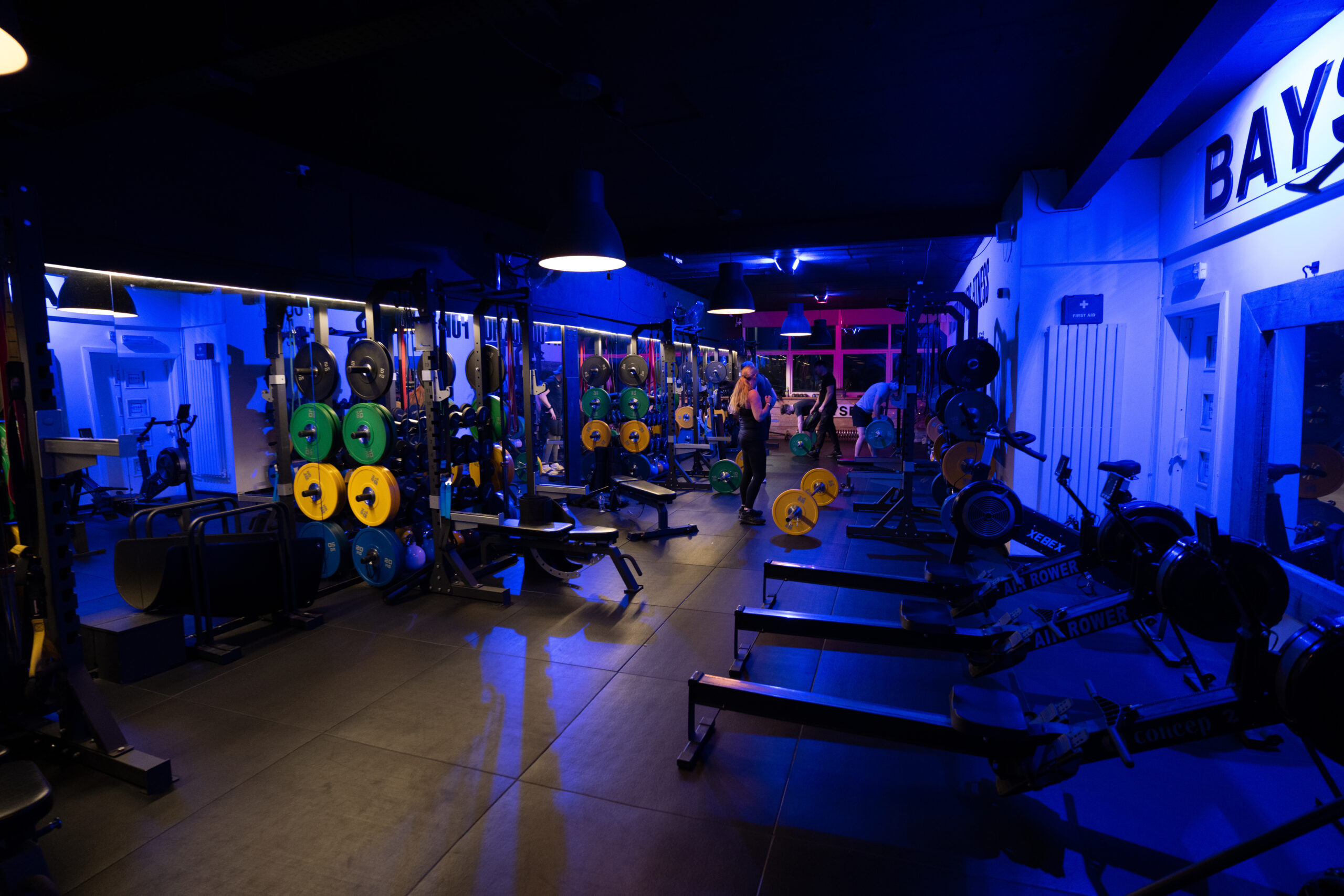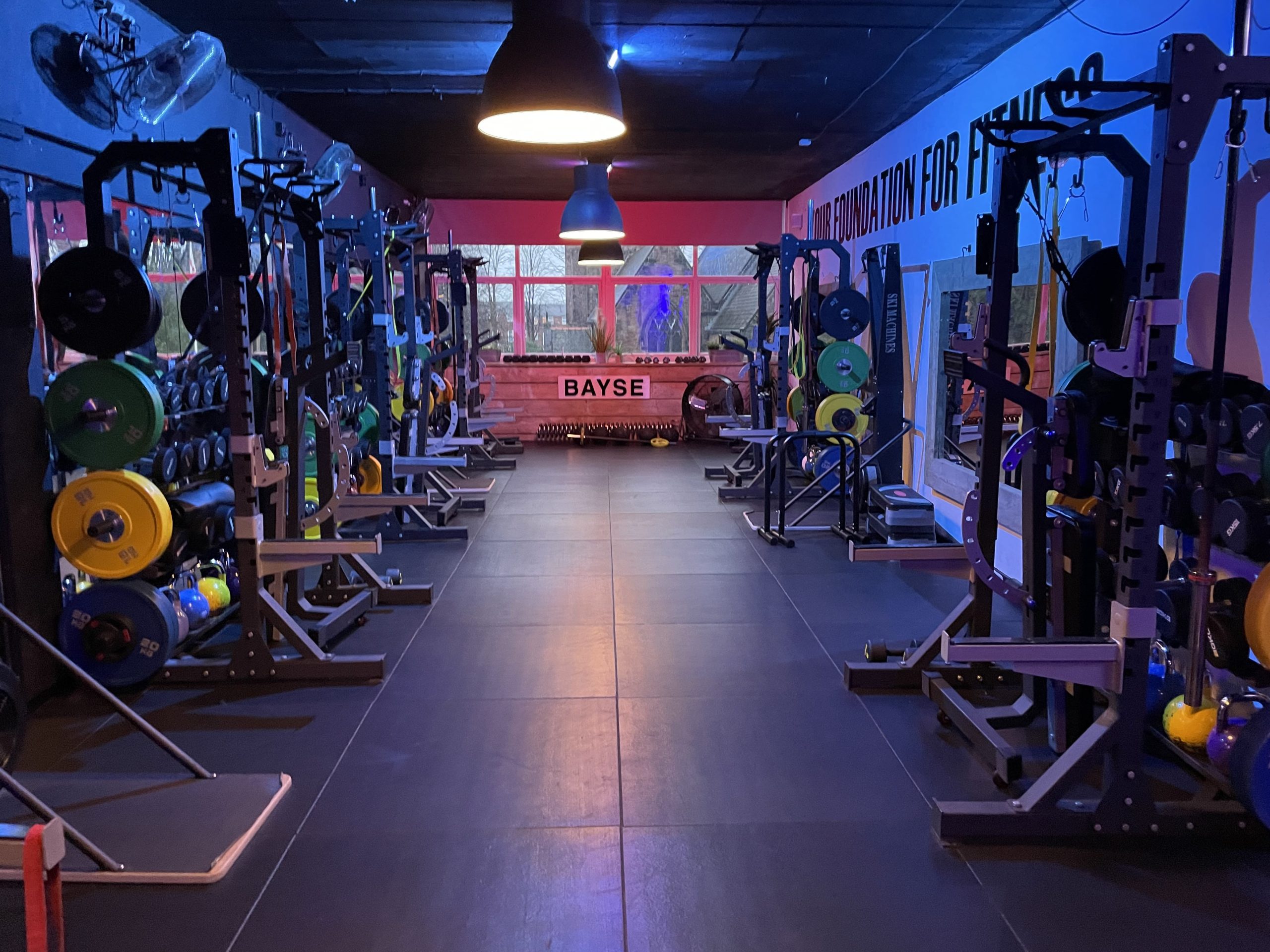Now more than ever, people are looking to take a more active role in their fitness and overall wellbeing.get back into the gym and for many of us, this means rejoining the gym after an extended break. Whether your hiatus was due to an injury, a busy schedule, or simply losing motivation, it’s important to approach your return thoughtfully and to take it one step at a time.
It’s not uncommon to feel uncomfortable or even embarrassed at the thought of returning to a gym environment but this shouldn’t be the case. In this blog post, we will walk you through strategies for getting back into the gym, helping you maintain a manageable and comfortable balance that gives you the best chance of not only enjoying your time back in the gym for a little while but giving you a long term hobby that sticks.
General Tips for Rejoining the Gym
Set Realistic Goals
For many of us, outlining exactly why we want to get back into the gym is incredibly important. This is why we stress the importance of an initial consultation. If it’s been a while, you might have a lot you want to work on and you may not be all that sure how to go about it. When getting back to the gym, identify the key focus area you want to focus on and go from there. By focusing on just one thing, you reduce the risk of overwhelming yourself or burning yourself out too quickly.
Start Slowly
If you are just getting back to the gym, chances are that your body needs time to readjust to the physical demands of regular exercise. Begin with lighter weights and shorter cardio sessions, gradually increasing the intensity and duration as your fitness improves. 15-30 minute sessions are enough when you are just trying to find your flow again and pushing yourself too far is only going to lead to tiredness and potential frustration.
Create a Balanced Routine
When going back to the gym, it’s important not to focus too heavily in one area. You’ll have that big goal in mind so that will be your focus but you also need to ensure that your workout plan includes a mix of cardio, strength training, and flexibility exercises. We’ve all seen lads that focus solely on the weights and the end result is either injury or quitting. A more balanced approach helps prevent injury and promotes overall fitness.
Listen to Your Body
Something you need to learn to do is pay attention to how your body responds to exercise. This is particularly important for those who are returning from an injury or major pain. You knew how your body used to respond to rigorous exercise but in all likelihood, your body now reacts drastically different than it did before. It may take some time before your body is able to do what it could before so learning your body now is crucial to a safe and easy gym experience. Bear in mind that it’s perfectly normal to experience some muscle soreness when starting out, but sharp pain is a sign to stop and rest. Don’t push through severe discomfort; instead, ask for support if needed and consult with a doctor if the pain doesn’t go away.
Coming Back from Injury
When coming back from a long-term injury, it is natural to be concerned or anxious about returning to exercise. The fear of something going wrong again, frustration that your body doesn’t perform like it did or the uncertainty of returning to a schedule that’s now uncommon are all valid feelings but with the right approach, you can ensure a safe and happy return to the gym. This is by no means one size fits all and just because others have returned quicker doesn’t mean that you should feel any pressure. Take your return on your own terms and listen to your body at all times.
Consult with A Professional
Before resuming exercise after an injury, consult with your doctor or a physical therapist. They can provide guidance on what types of activities are safe and recommend modifications to avoid re-injury. They should also be able to give you an idea of how much time you can safely commit to a gym schedule and regular contact will allow them to assess your progress as well as giving you some additional confidence in your ability to perform.
Getting back into the gym after a long break can be challenging, but with the right approach, it’s entirely possible to regain your fitness and improve your health. Whether you’re returning from an injury or starting anew as an older adult, remember to set realistic goals, start slowly, and listen to your body. With consistency and determination, you’ll be back on track and enjoying the benefits of regular exercise in no time.
In our community, we have many examples of people looking to get back into the fitness habit for a variety of reasons and we have been able to support them on the path to real success. If that sounds perfect for you, book in today for a free obligation-free 20 minute fitness consultation to go over your fitness goals and how we can help you get there.








